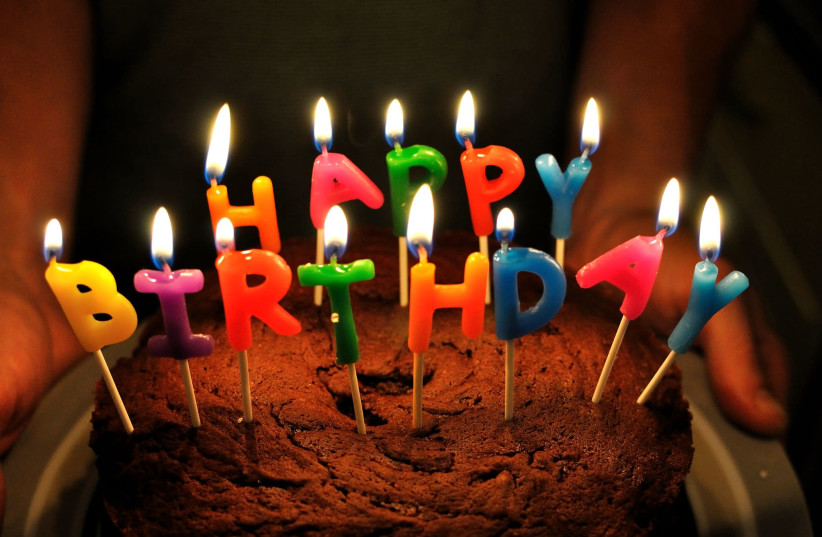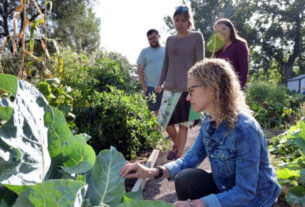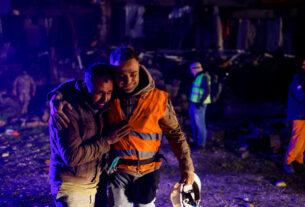
A new study from JAMA Intern Med analyzed the correlation between household birthdays and COVID-19 infections in the US.
While the study originally argued that birthdays would not lead to an increase in COVID-19 cases due to their random distribution, the results clearly proved otherwise.
Authors Christopher M. Whaley, Jonathan Cantor and Megan Pera revealed that those who celebrated household birthdays had 8.6 times higher rates of COVID-19 infections compared to those without a birthday celebration.
This resulted in a 31% increase in infection rates in contrast to those not celebrating birthdays.
The study also looked at whether higher infection rates were more prevalent in celebrations of children’s birthdays or those of adults. The findings showed that after a child’s birthday, some 15.8 out of 10,000 people would be infected with COVID-19.In contrast, only about a third of that amount (5.8 of 10,000) would become infected celebrating an adult’s birthday.
Authors Christopher M. Whaley, Jonathan Cantor and Megan Pera revealed that those who celebrated household birthdays had 8.6 times higher rates of COVID-19 infections compared to those without a birthday celebration.
This resulted in a 31% increase in infection rates in contrast to those not celebrating birthdays.
The study also looked at whether higher infection rates were more prevalent in celebrations of children’s birthdays or those of adults. The findings showed that after a child’s birthday, some 15.8 out of 10,000 people would be infected with COVID-19.In contrast, only about a third of that amount (5.8 of 10,000) would become infected celebrating an adult’s birthday.
The research was specifically aimed at evaluating the role of small social gatherings in spreading the novel coronavirus, and informing policy makers regarding the results.Some 2.9 million families with health insurance took part in the study for 45 weeks in 2020.
To account for the delay of COVID-19 diagnoses following these birthdays, the researchers observed infection rates for the two-week period after the celebrations, rather than immediately afterward.
In addition, since different geographic regions have vastly different infection rates, the study used deciles from USAFacts data to insure consistency of the data.
Other variables that were studied included the day of the week, whether it was a milestone birthday (such as the 50th) and areas that voted heavily for Trump in 2016. No correlation was found between COVID-19 infection rates and these factors.
To account for the delay of COVID-19 diagnoses following these birthdays, the researchers observed infection rates for the two-week period after the celebrations, rather than immediately afterward.
In addition, since different geographic regions have vastly different infection rates, the study used deciles from USAFacts data to insure consistency of the data.
Other variables that were studied included the day of the week, whether it was a milestone birthday (such as the 50th) and areas that voted heavily for Trump in 2016. No correlation was found between COVID-19 infection rates and these factors.
if(window.location.pathname.indexOf(“656089”) != -1){console.log(“hedva connatix”);document.getElementsByClassName(“divConnatix”)[0].style.display =”none”;}




